“For many more years to come!” – these are the words that can be heard across Bulgaria throughout January. Maybe because of the belief that has come down to us that well-wishing during the first month of the year energizes the other eleven months.
If January is cold that means the year will be a healthy one. The thicker the snow, the bigger the loaf is a saying widespread in this country to this day, meaning – the thicker the snow cover the more bountiful the year. The snow protects the roots of the trees, the seeds and the wheat planted. In folk tales it is compared to a shroud or a warm blanket. Ice, on the other hand, is said to “tuck in” waters and fish. There are numerous sayings and legends about snow.
Once people believed that they could predict what the weather would be like throughout the year by the weather in January. The “weather forecasts” would be clothed in the words January without snow – July without rain. And also: Snow on New Year’s Day – rain on St. Peter’s Day. What was deemed most important was what happened during the first month of the year and especially on the first day. If the branches of the trees were frosted that meant the year would be plentiful. If there was fine snow, the bees would gather much honey. If the snow flakes were big – there would be more beetles in summer.
The most popular legend of all is that at the beginning snow was flour. But one careless woman wiped her child with it. That made God angry and he turned it into a frosty blanket. In folklore and Christian beliefs the snow flakes that fall are pieces of God’s white shirt (of the angels’). And snow had as its masters St. Dimitar, St. Nicolas and St. Athanasius who are known as “winter” saints. There are different legends for each, but they have one thing in common – snowflakes are said to fall from their long beards or out of their loose-fitting sleeves. In some parts of the country stories are told according to which it is St. Dimitar and St. Athanasius who carry the snow around the country in sacks and when the time comes, let it drop to the ground. The first snow, whatever the day or month, is said to be possess the ability to heal. To this day there are people who go out and roll in it, or wash their faces with it for health. Some believed this would ward off headache and back pain during the summer toil. If the snow comes and goes when it should, that is a good thing. If not, this muddles up the farming cycle and the life cycle of all creatures. The result – famine, penury and hardship, especially for the poor.

The last snow is known as “stork” snow because it holds the promise of the coming spring and birds of passage. “Stork” snow falls in big flakes, in “cocoons”. According to popular belief these “cocoons” are an indication that the storks are heading to our lands. In folklore terminology there are several different kinds of snow. When there is snow with no wind it is called “silent snow”. If there is wind – a blizzard - it is called furtouna. The snow that melts right away is called “southerly snow” because it comes with the “southerly wind”.
Many traditional wise words describing all things transient are connected with snow. Of them we say to this day that they are as permanent as “the snow of yesteryear”.
English version: Milena Daynova
Scientists from the Sorbonne will study the cultural heritage preserved in the Regional Ethnographic Open-Air Museum "Etar" , informs public broadcaster BNT. In March this year the French scientists together with experts of REOM "Etar" will study elements..
The day of St. Tryphon (1 February old style, 14 February new style) is celebrated by vine growers, falconers and gardeners in Bulgaria. Trifon Zarezan comes around with vine pruning and wine drinking St. Tryphon is believed to help..
All Bulgarian masquerade games originate from the ancient rituals related to the birth of the sun around Christmas. With the adoption of Christianity, in order not to defile the newborn God, the custom was blurred. In the western..

+359 2 9336 661
